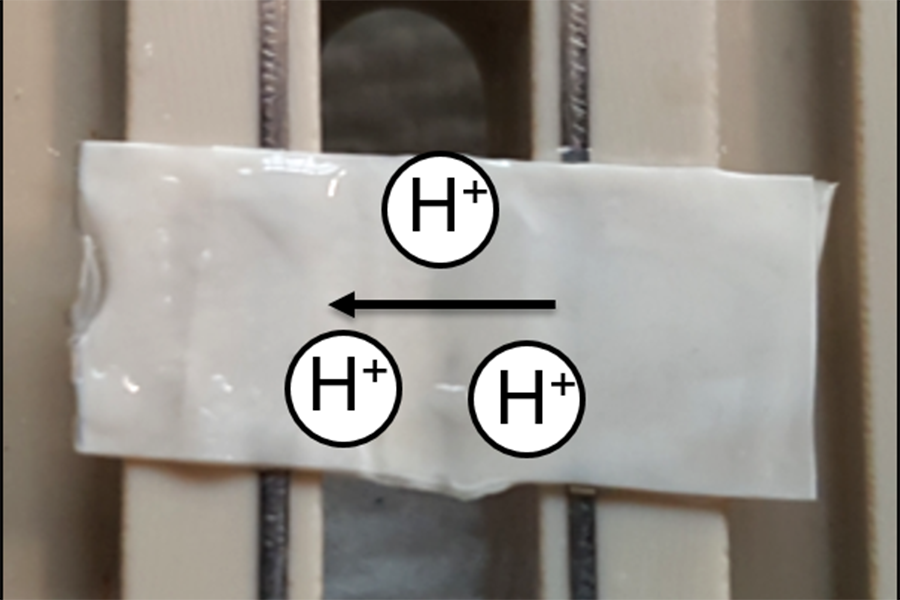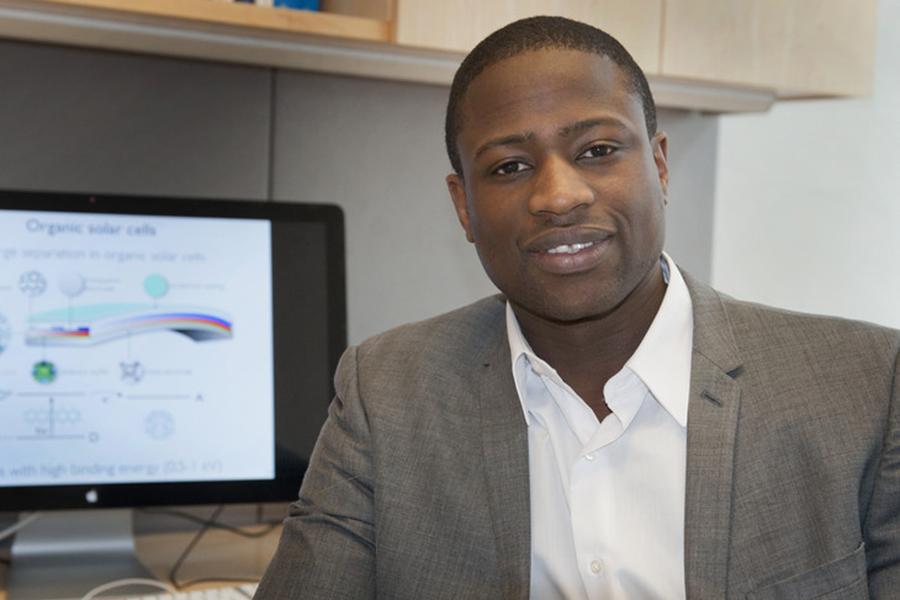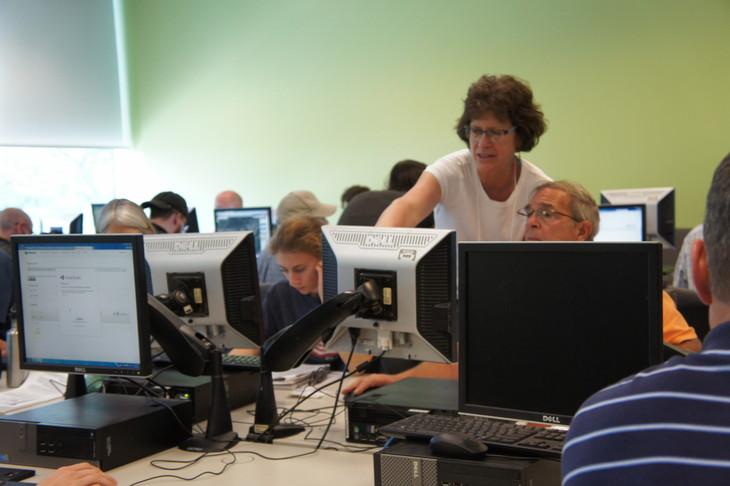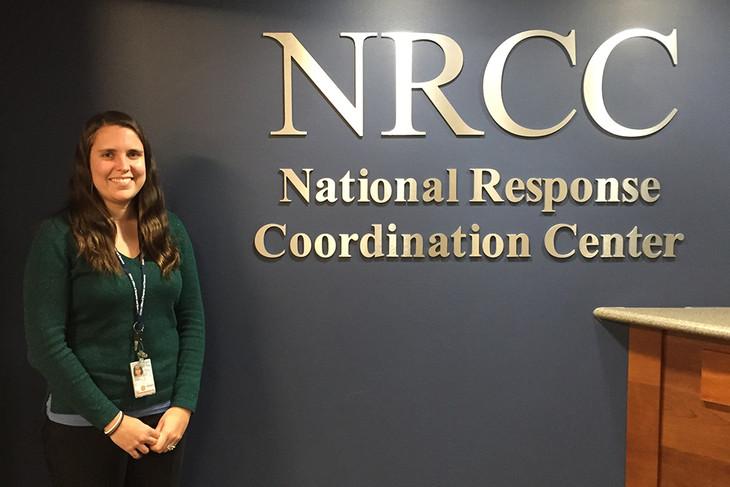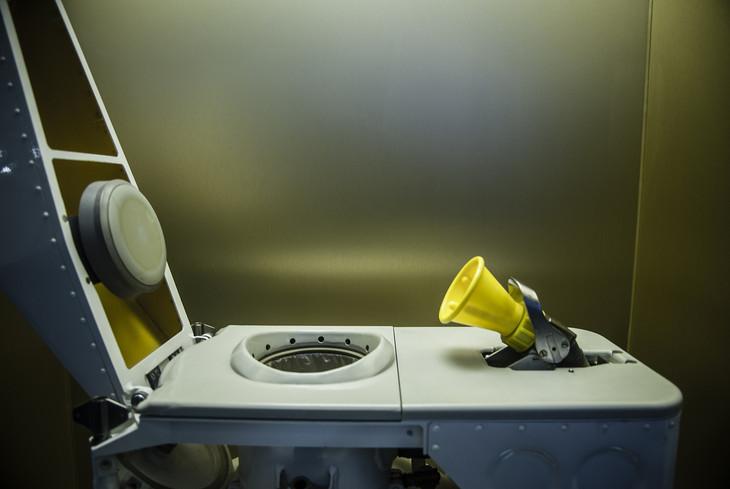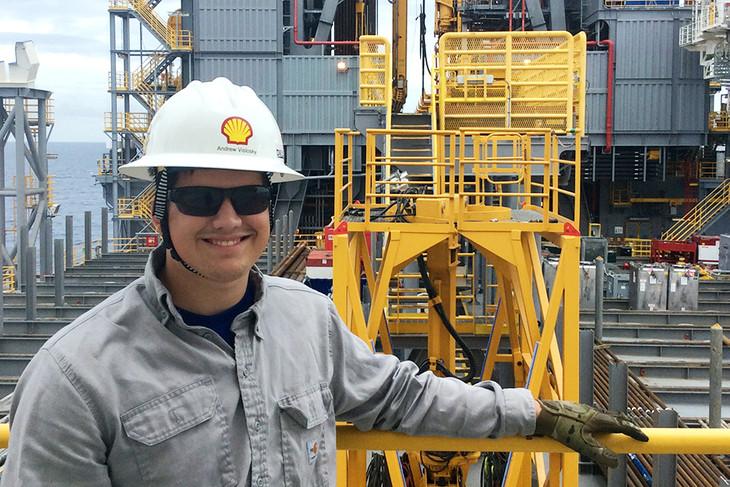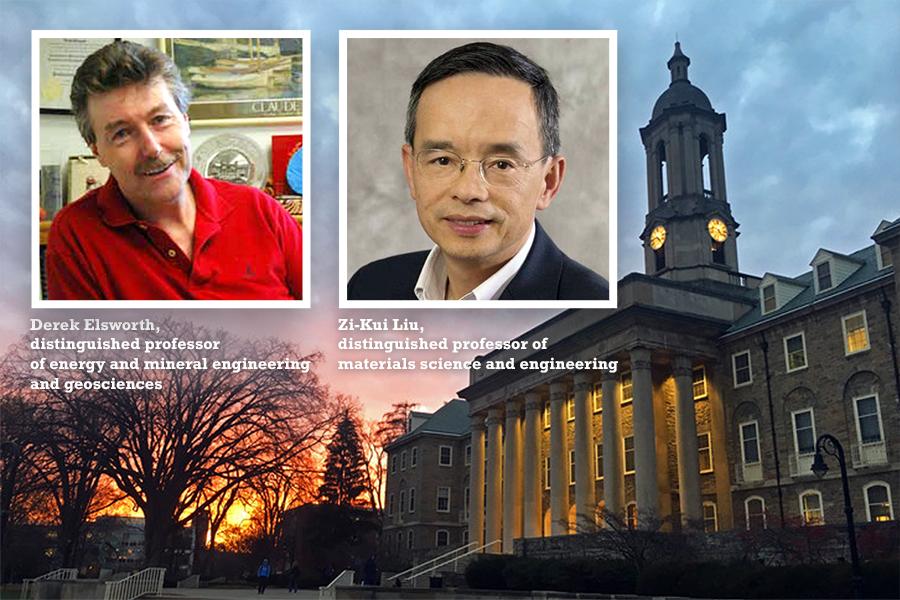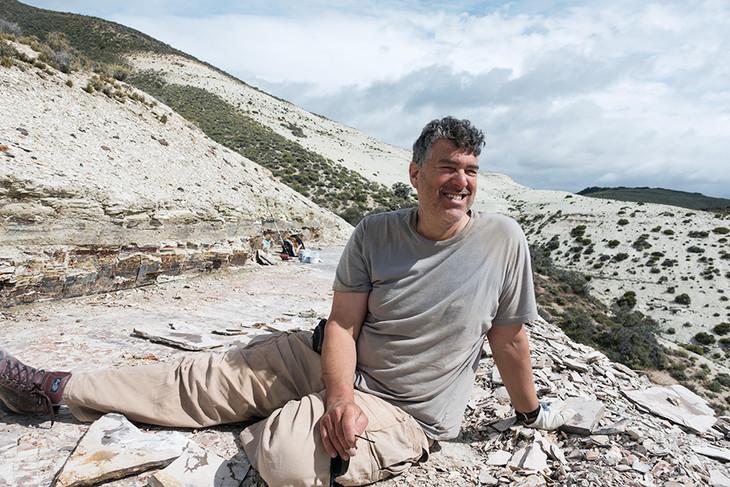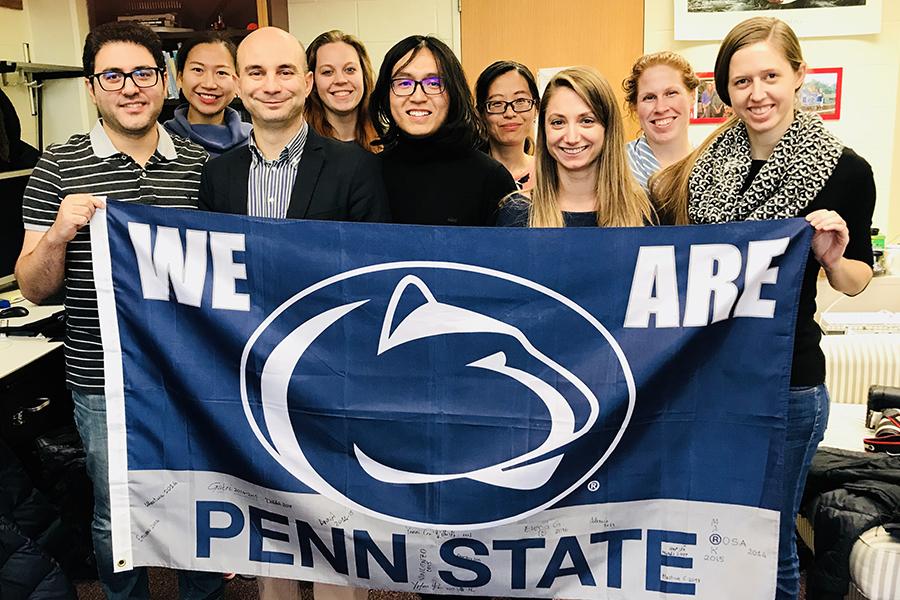Read the latest news about research conducted by investigators in the College of Earth and Mineral Sciences. Our faculty and students are continually advancing technology, creating solutions and expanding knowledge with new and innovative research.
News
Medical devices powered by synthetic proteins created from repeated sequences of proteins may be possible, according to materials science and biotechnology experts, who looked at material inspired by the proteins in squid ring teeth.
A grant totaling $1.2 million over three years has been awarded to researchers at Penn State and Cornell University by the National Science Foundation to identify a material that can most efficiently separate water into hydrogen and oxygen, to collect hydrogen as a sustainable fuel source.
Shale Network, a team of scientists studying water quality around Marcellus Shale drilling in Pennsylvania, has spent the last six years fostering a dialogue between concerned citizens, watershed groups, government regulators and representatives from large energy companies around water quality data in the state. The team published a paper in the journal Science last week discussing the impacts of its project.
As an emergency management specialist with the Federal Emergency Management Association, Adrienne Kramer is applying her geography skills to build maps, analytical tools and other resources to help the agency improve its response and recovery operations.
Human waste may one day be a valuable resource for astronauts on deep-space missions. Now, a Penn State research team has shown that it is possible to rapidly break down solid and liquid waste to grow food with a series of microbial reactors, while simultaneously minimizing pathogen growth.
The warming climate is expected to affect coastal regions worldwide as glaciers and ice sheets melt, raising sea level globally. For the first time, an international team has found evidence of how sea-level rise already is affecting high and low tides in both the Chesapeake and Delaware bays, two large estuaries of the eastern United States.
Being an elite student in an elite program at Penn State affords some elite opportunities. For Andrew Vislosky, a senior majoring in petroleum and natural gas engineering at Penn State, it meant being one of eight students worldwide granted an all-expenses-paid trip to the Oil & Money Conference recently held in London.
Penn State's Office of the Vice Provost for Faculty Affairs has named 15 distinguished faculty.
In graduate school Peter Wilf published his first paper in the journal Paleobiology. So, the geosciences professor said being named a Fellow of the Paleontological Society, which publishes the journal, was an extra special honor.
Never has the world been better positioned to predict and respond to natural disasters. The stream of data at our fingertips is seemingly endless. But the size of this mounting trove of information in itself poses a problem. For example, running flood calculations for a city facing heavy rains using a century of data is highly accurate. But the calculation is useless if it takes days or weeks to compute.



